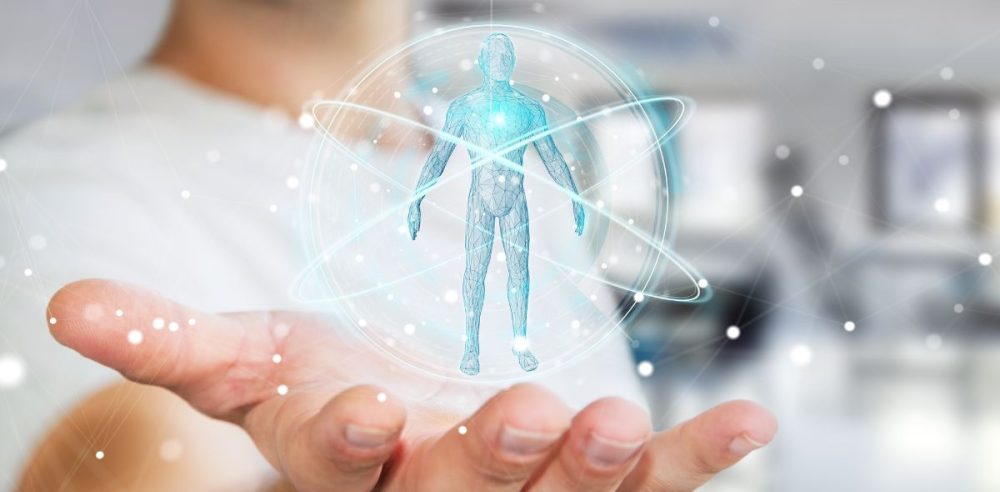When we think about memory, the brain typically steals the spotlight. From childhood recollections to learning a new skill, memory has long been considered the sole domain of neural networks. However, new research suggests that memory may extend beyond the brain, potentially existing within cells throughout the body. This phenomenon, termed “body memory,” reveals that even non-neural cells—like those in the kidneys or nerves—can store and recall information, challenging traditional views of how memory works.
Scientists have found that cells outside the brain can “learn” and respond to chemical signals in patterns resembling neural memory processes. For instance, these cells exhibit a form of the “spaced repetition effect,” where they respond more effectively to spaced chemical stimuli than to constant exposure. This mirrors a known cognitive principle in humans: reviewing information over time solidifies learning more effectively than cramming.
The implications of body memory are profound, particularly for medicine. If tissues throughout the body can retain information, researchers could leverage this knowledge to develop innovative treatments for memory loss and neurodegenerative conditions. It also paves the way for advancements in targeted therapies, regenerative medicine, and understanding how the body adapts to stress or repeated medical treatments.
This discovery also reshapes our understanding of the body’s interconnectedness. If organs like the heart or kidneys hold memory-like properties, it could explain their ability to adapt to repeated stressors, such as chronic illness or environmental changes. Such adaptability hints at a sophisticated, system-wide method of communication and learning previously unrecognized in human biology.
Beyond the practical applications, this research raises fascinating questions about how our bodies retain and utilize information. Could the physical sensation of déjà vu or even muscle memory in athletes be connected to this cellular form of memory? While the answers remain speculative, the findings challenge our long-standing perception of the brain as the sole keeper of memory.
As scientists continue exploring the concept of body memory, they may uncover new ways to treat illnesses and enhance our understanding of how the human body functions as a cohesive and adaptive system. This breakthrough adds a compelling new layer to the study of human biology, one where every cell might hold a story of its own.
This article was written with artificial intelligence.


